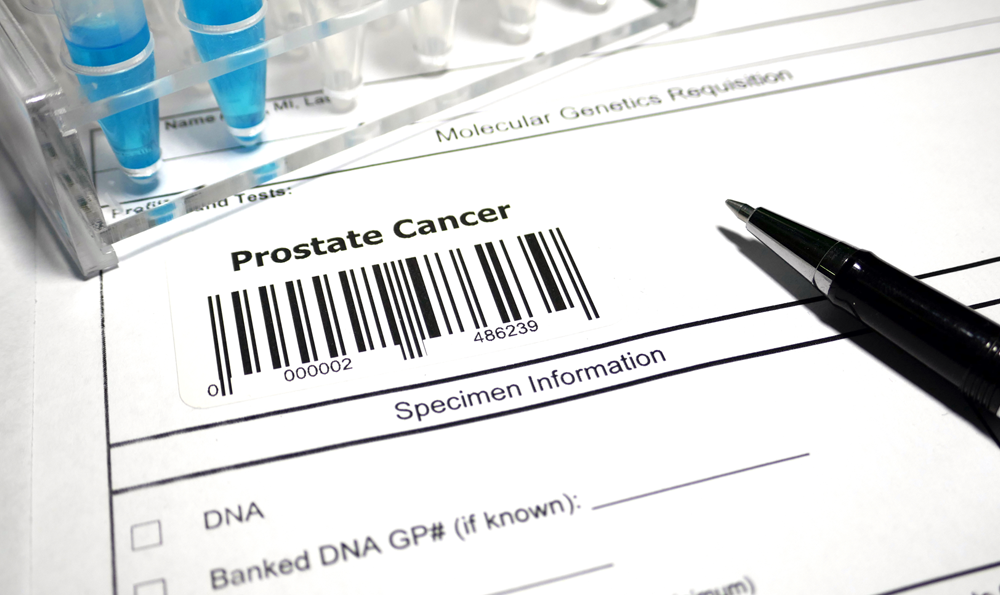Your risk of developing cancer is influenced by many factors — from your age, environment and lifestyle to your family history, genetics and even random chance. Knowing your risk factors, especially your family history of cancer and linked genetic mutations, means a better chance of catching cancer early when it is most treatable.
Jessica Heinzmann, MS, certified genetic counselor at Atlantic Health, shares more about hereditary prostate cancer and how genetic testing and counseling can help you understand your risk.
What is hereditary prostate cancer?
Families with hereditary prostate cancer must meet one of the following conditions:
- Three first-degree relatives (siblings, parents or children) with prostate cancer
- Three generations affected by prostate cancer
- Two first-degree relatives with prostate cancer under age 55
You may also be at risk of hereditary prostate cancer if your family members are or have had:
- Ashkenazi Jewish ancestry
- Family history of breast, ovarian or pancreatic cancers
- Metastatic prostate cancer
- Prostate cancer diagnosis before age 50
- Relative of a mutation carrier
“Verify your family history with pathology reports,” says Heinzmann. “And continue to check in with family members and update your history with new diagnoses. Importantly, make sure to check both your maternal and paternal family trees.”
Genetic testing for prostate cancer
Genetic testing can show a better picture of known mutations that influence cancer. Testing includes taking a blood or saliva sample that gets sent to a lab to look for mutations (changes) in your DNA. Tests can come back:
Positive for the mutation
- Variant of uncertain significance (a common result which is often downgraded to benign)
- Negative (no mutation found)
After genetic testing, your care team may recommend more advanced or frequent screening for different types of cancer. Some treatments, including upcoming clinical trials, are also tailored to patients with specific mutations.
Some causes of hereditary prostate cancer are from mutations in two genes, called BRCA1 and BRCA2, which can be passed from generation to generation. These genes are linked to breast, ovarian, prostate and pancreatic cancer, and melanoma.
“We might look at a family tree and see no history of prostate cancer, but if we see things like breast, ovarian or pancreatic cancer, that might suggest a BRCA mutation,” says Heinzmann. “Identifying this mutation can help us understand if males in this family are at a higher risk for prostate cancer.”
How can genetic counseling help?
If you or your doctor suspect hereditary cancer or you are feeling anxiety about your family’s cancer history, genetic counseling may be an option to help you better understand your risk.
During genetic counseling, a trained genetic counselor — a health professional with specialized graduate degrees and experience in medical genetics and counseling — will:
- Discuss your medical and family history, including constructing a family tree and risk assessment
- Go over the risks, benefits and limitations of testing
- Provide referrals and resources as needed
- Review of options for cancer risk reduction and surveillance
“Identification of high-risk families is an essential component to cancer detection and prevention,” says Heinzmann. “Getting a referral to genetics can provide valuable information to patients and their families.”












